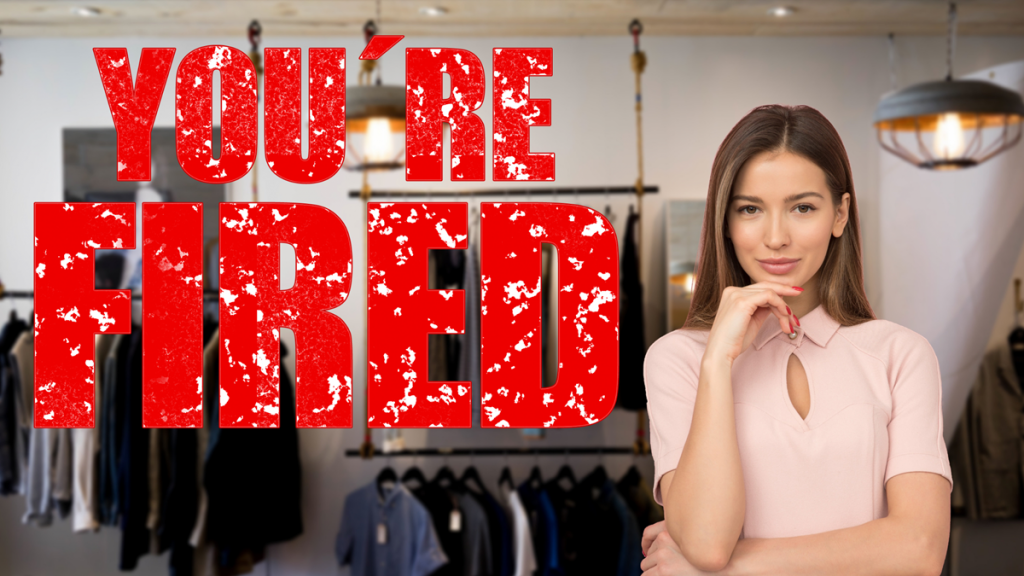The minimum wage is a sort of litmus test. And not only for economists. For social justice advocates, too.
Forget, for a moment, the economics of it. In essence, minimum wage legislation imposes compulsory unemployment on the poor, the unskilled, racial minorities, the young, the physically and even more so the mentally handicapped—the very people all men of good will most want to help. Before the advent of this law, the unemployment rate for white middle-aged people and black teens was just about the same. Now, the latter are unemployed at quadruple the rate of the former.
For the moment let’s just discuss the ethics and logic of the minimum wage. I now make you an offer: come work for me: you can wash my car, clean my house, etc. I’ll pay you $3 per hour. If I were serious about this offer, I could go to jail for making it. If you accepted it, you would also be breaking the law, but you would not get more than a slap on the wrist, since the judge would think I was exploiting you. Did I violate anyone’s rights? Did I violate your rights by making you this offer? Hardly.
As we should know from pure logic alone that an offer of employment such as I am now making to you, theoretically (I do not welcome being arrested), cannot help but improve your economic welfare. It is a proposal of an option you simply did not have before I made it. If you reject it, you are no worse off than you otherwise would have been. If you accept it, this job necessarily benefits you, at least ex ante (looking ahead), since, presumably, you had no better alternative than this one. I am your benefactor, not your exploiter.
Now for the economics of it. Some people believe the minimum wage is like a floor; raise it, and pay scales rise, particularly those at the lower end of the economic pyramid. If this were so, why be so modest as to want to raise it, only, to $15 per hour. Why not $1,500 hourly? Then, we would all be rich! We could stop all foreign aid to poor countries. We might just tell them, instead, to install a minimum wage decree at a high level.
No, the minimum wage is more like a barrier over which you have to jump in order to get a job in the first place and then keep it. The higher this hurdle, the harder it is for you to jump over it. Let us return to my offer to you at $3 per hour. Suppose you are very unskilled. Your productivity, the amount of revenue you can add to my bottom line, is only $3 per hour. If I hire you at $15, I’ll lose $12 per hour. Thus, I won’t hire you if I want to maximize profits. If I do so anyway, I will risk bankruptcy. Which is better for you: no wage at all, zero, nada, with this law in place? Or $3 per hour, with no such enactment? Clearly, $3 per hour is better than nothing.
Here are three objections to the foregoing. First, if you were totally unemployed, you might be eligible for welfare; if employed at a low wage, likely not. So the minimum wage, at least with a welfare program, is a benefit to the poor. True enough. But, here, we are not holding fast to ceteris paribus (all else equal) conditions. If we want to clearly see the economic effects of this regulation, we have to hold all else constant. Assume, either, no welfare at all, or, an equal amount of such payments whether on the job or not. Then, we can see clearly that something is better than nothing, and, also, that something plus a welfare payment is greater than nothing plus the same welfare payment.
Second, there is the claim of monopsony, which is a single buyer of labor, or, oligopsony, a situation in which there are only a few employers. This is a divisive concept within the dismal science (economics), which we need not discuss here. But one thing is clear: this applies, if it does at all, only to firms which employ highly skilled workers. For example, the NBA, the NFL, MLB and other such sports teams; to doctors, engineers, lawyers, computer experts, with very narrow specialized skills which can be utilized only by one or a very few companies. But these people earn vast multiples of the $15 per hour many are pushing for. Thus, this objection is not even relevant to our present discussion.
Third, several economists have not been able to find the unemployment effects implied by this directive in their econometric studies. Response: they should look a little harder, probe a bit deeper. They have not done their full homework.
The minimum wage law should not be raised, it should not remain constant, it should not be lowered. It should be ended, forthwith, and salt sowed where once it stood. It’s proponents may have good intentions, but in practice it is a malicious attack on the least of us.
Walter Block
Walter Edward Block is an American economist and anarcho-capitalist theorist who holds the Harold E. Wirth Eminent Scholar Endowed Chair in Economics at the J. A. Butt School of Business at Loyola University New Orleans. He is a member of the FEE Faculty Network.
This article was originally published on FEE.org. Read the original article.


